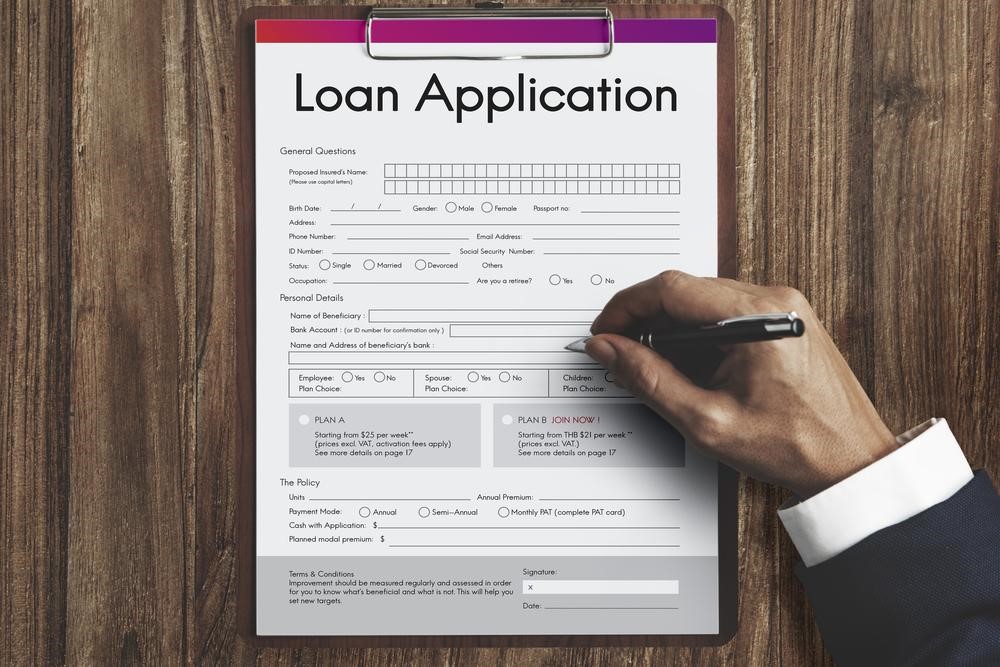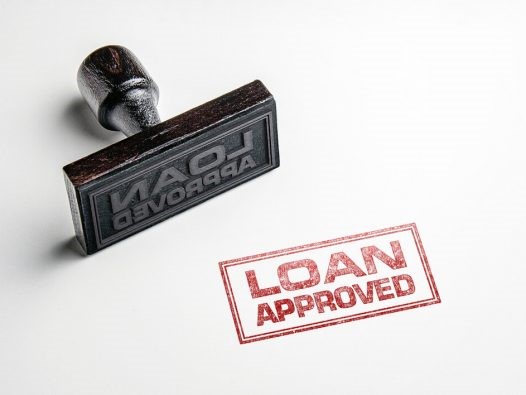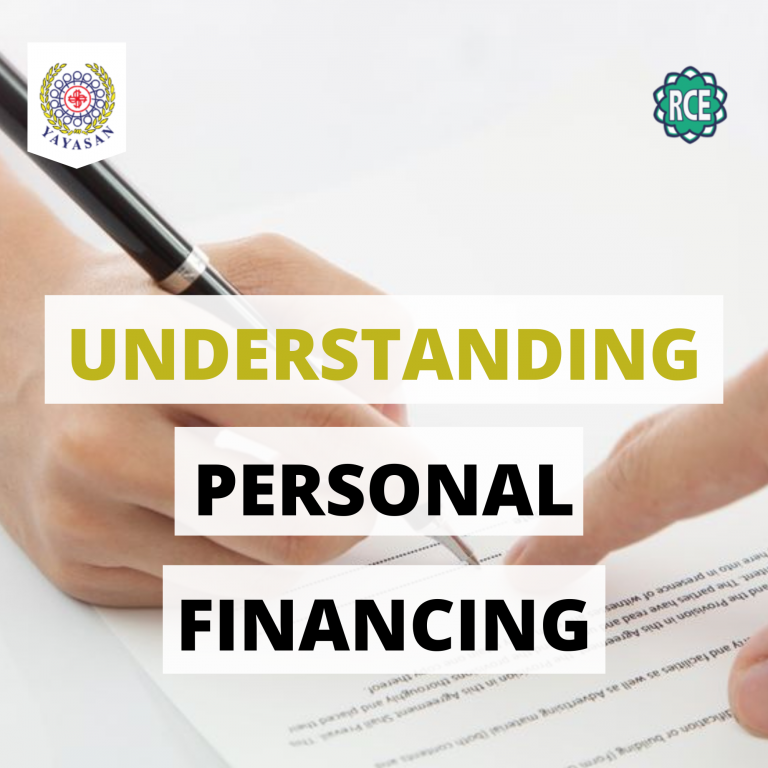
Want to renovate your home, start a business, or pay off your credit card bills? You’re probably planning to apply for personal financing.
However, you’re also not sure what it’s all about. You have so many questions in mind: What’s the maximum amount you can borrow? What’s the repayment period like? Do banks or financial institutions need any collateral? Read on to find out.
Contents
What is personal financing really?
An example of personal finance is when you borrow a fixed amount of money from financial institutions for various purposes and return it with interest on agreed repayment terms.
You’re probably thinking, “That sounds like just about any other loan out there”. Well, not really. If you take a closer look at the details of personal financing, it will quickly tell you otherwise.
For starters, personal financings are commonly small or medium-sized amounts, in comparison to larger ones like housing loans. Where the latter is usually capped at a specific percentage of a house’s purchase price, the former can range in size from RM2,000 to RM250,000.

Secondly, you don’t need to provide tonnes of documents to support your reason when you apply for personal financing, and they don’t require collateral as a guarantee either. All you have to provide is a complete set of application document and evidence that you are capable of repaying the loan.
Thirdly, all Malaysians can choose between conventional or Shariah personal financing. The former is made up of personal financing that you will repay with interest rate charges, while the latter involves a financial provider buying a commodity on your behalf before you repay the financial provider for that commodity over time with an agreed profit rate. Additionally, some personal financing in Malaysia are designed exclusively for those who work with the government, statutory bodies or government linked companies.

Fourth, we have the profit rates of personal financing themselves. Both conventional and shariah personal financing have both flat and floating rates. A flat rate means that whichever rate originally agreed at the beginning of your financing will remain the same throughout the tenure of your financing, whereas the floating rate will typically change based on market conditions until the end of the tenure.
The fifth defining feature of personal financing? The ability to repay them at a pace of your own choosing. When applying for a personal financing, you will be asked to pick a repayment period – minimum a year to a maximum of 10 years – that best complements your financial capabilities in the not-too-distant future.
Personal Financing for everyone!

All in all, personal financing is a small financial boost that you can take for personal reasons, and as long as you can repay them and meet the interest payments in time, you don’t have to worry about anything else. Same goes to the shariah-compliant personal financing, as long as you conform to the shariah requirements.
Most importantly, remember that personal financing is all about how you choose to use your own money — and as long as you are aware of the products and habits that you can choose from, you’re already moving towards a healthier and more profitable personal financial management.


